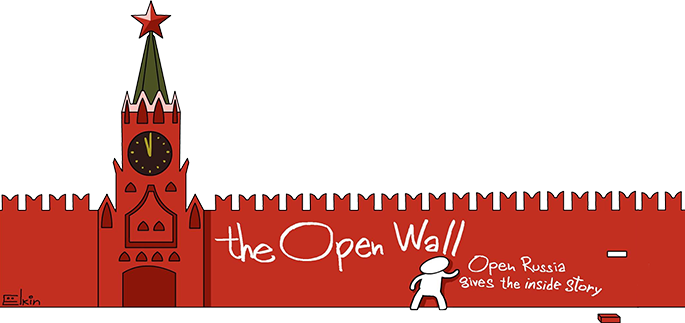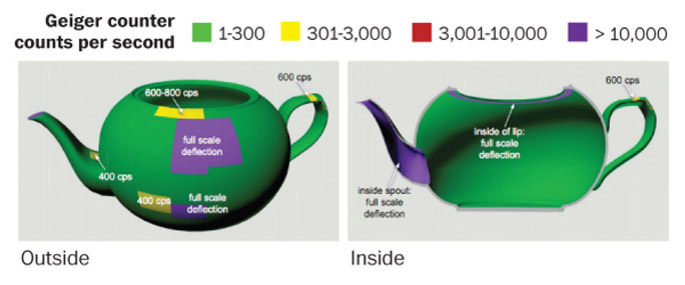“More tea, vicar?”

“More tea, vicar?”
The publication of coroner Sir Robert Owen’s report on the Alexander Litvinenko case has divided opinion in Russia.

The official organs of state were variously unanimous in their condemnation.
President Putin’s press secretary Dmitri Peskov went for the airy dismissal, and called the report a “quasi-investigation” and an example of “subtle British humour.” Which you could argue is confirmation of the subtlety of Sir Robert’s argument.
The Foreign Ministry spokeswoman, Mariya Zakharova, chose the double-edged sword: “We regret that a purely criminal matter was politicised and has thrown a shadow over bilateral relations.” Number 10 will no doubt have seized on that.
Sergei Markov, chair of the Russian Public Chamber working group on international cooperation and public diplomacy, preferred to see a conspiracy: “This was intended as an attack on the Russian president, to isolate him on the international stage, and then to organise a government coup in Russia. The British court decision is sound confirmation that the West is planning to put an end to the hybrid war against Putin and Russia.” Never has a declaration of war run to 300-odd pages …
The opposition media had a somewhat different take.
Alexei Navalny, lawyer that he is, took a scalpel to Sir Robert’s prose. “The word ‘probably’ means ‘almost certainly,’ ‘without much doubt’ and ‘practically.’ The word was chosen to reflect the smallest quantity of doubt. This shows that the accusation of the commission levelled personally against Putin (as well as Patrushev and our State) is extremely serious.” Seriousness, then, can be judged by degrees.
Rustem Adagamov on Radio Svoboda, found the confirmation he had been expecting: “There was, of course, never any doubt about this, but now that it has been publicly stated by a judge of the high court, it ceases to be simply supposition.”
On Twitter, Fyodor Krashennikov saw this as one for the history books: “Russia has seen everything in the course of its long history, but this is the first time a head of state has been declared in court to be an accessory to murder.” Of course, this is not a part of Russian history that they will be teaching in schools.
And there you have the schism that is contemporary Russia, which Maxim Trudolyubov in Vedomosti, illuminates very well: “On many subjects, the official Russian government version and the opinions of organisations, which are not dependent on the Kremlin, are radically different. Moreover, the rebuttal of the unofficial versions has become for the Kremlin a matter of its own security: it cannot be seen to cede any ground at all, and will have to continue to insist on its version of reality until the very end.”
So what do we make of it, as we peer through that widening crack in the wall? That the Kremlin put out a vehement denial is only to be expected, but the variety of those rebuttals suggests that, as so often, they have been using the spray gun of different calibre words, and going for the version that gains the most traction with public opinion, domestic and international. Dependent as they are now for legitimacy on opinion polls, in the all-important court of public opinion, they find themselves fighting a war of words on two fronts, at home and abroad. They can sense that Sir Robert, with his judicial prose, has brought them one report further to what they fear most – becoming an Ancien Régime. Improbable as that might sound.



